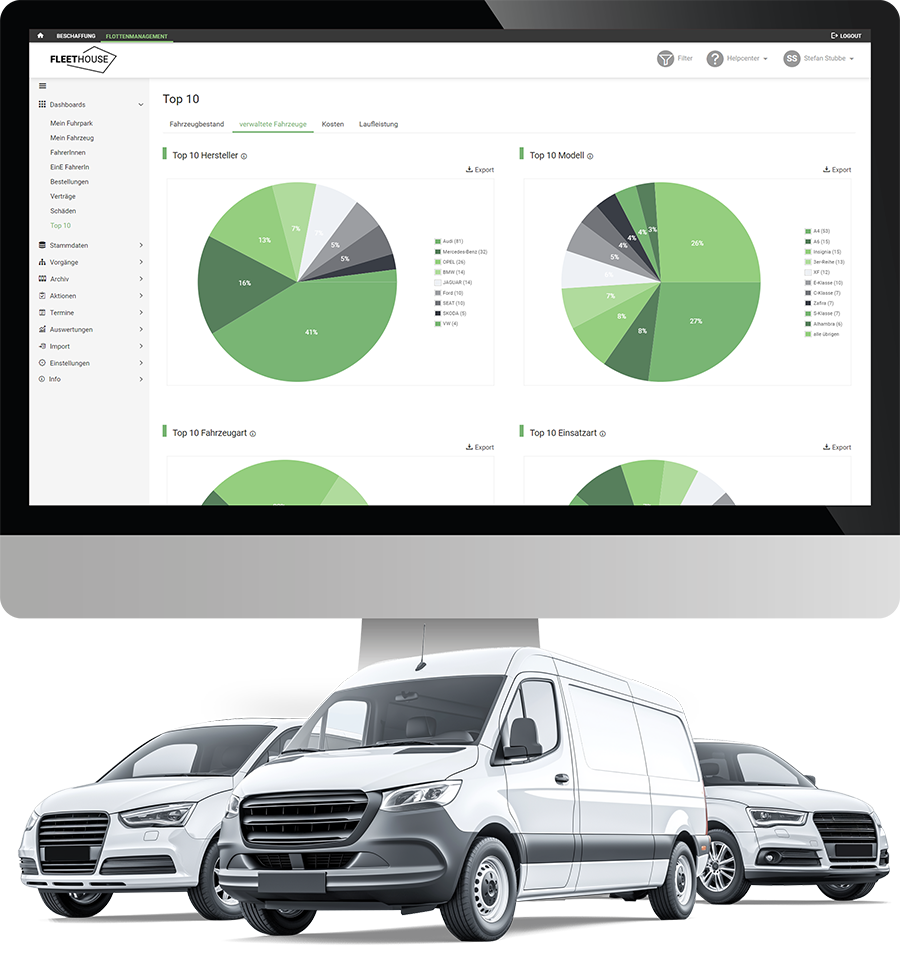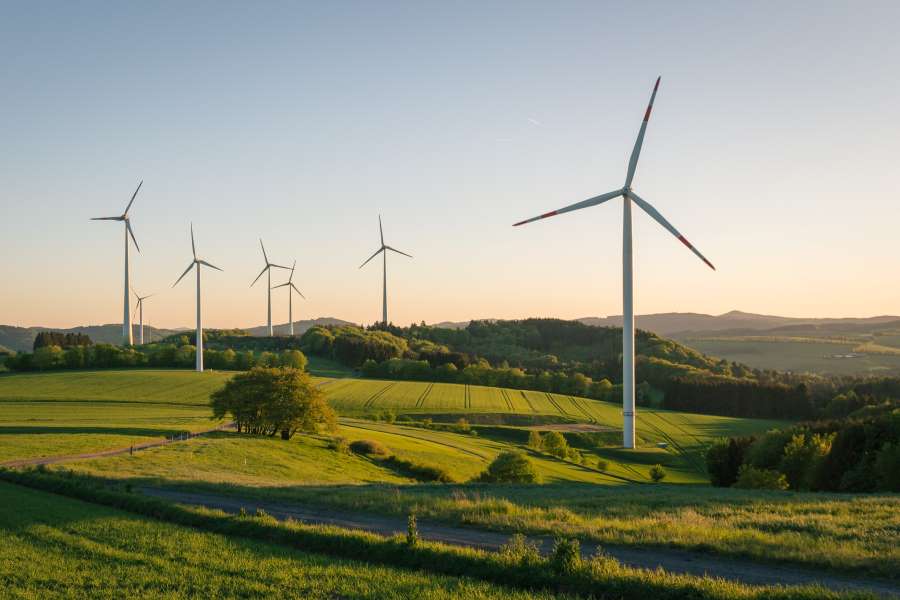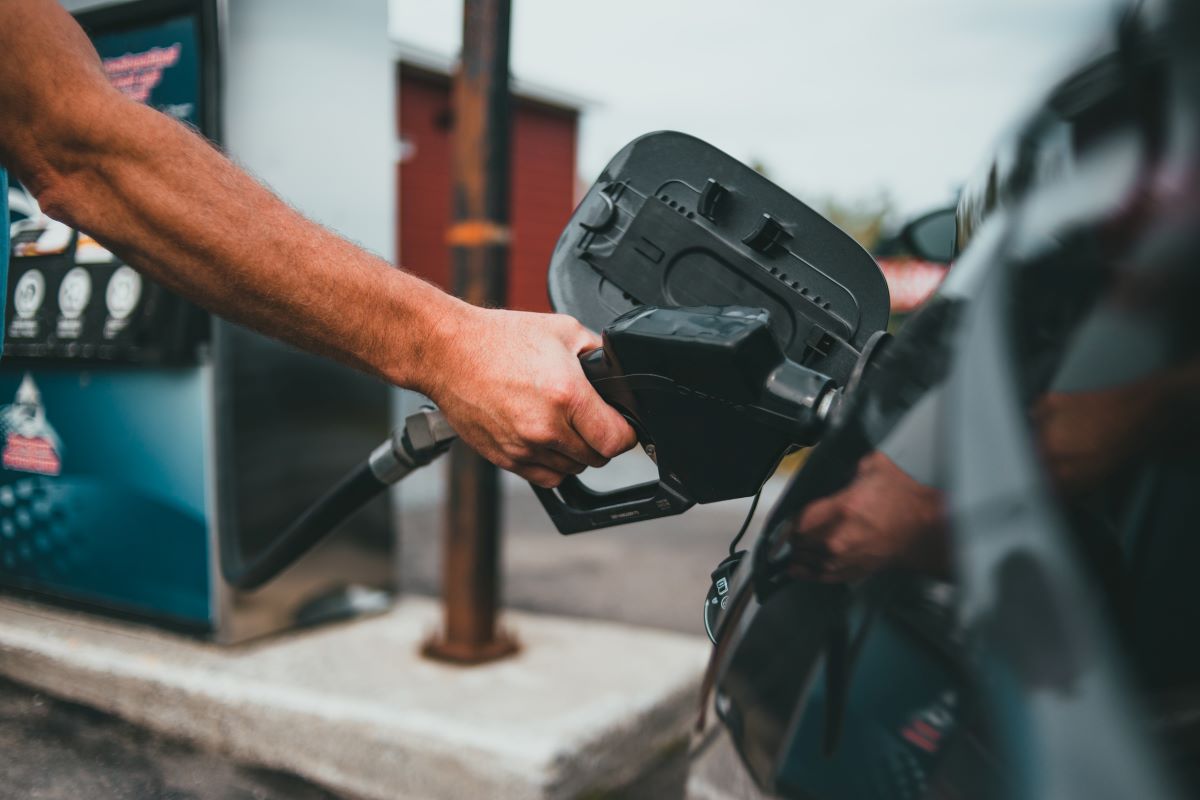From 2035, no new cars running on fossil diesel or petrol may be registered in the EU. This measure is intended to accelerate the transition to more climate-friendly mobility and reduce emissions in the transport sector. However, there will be one exception: Vehicles that run on e-fuels. These synthetically produced fuels are intended to make a contribution to climate protection and help shape the mobility of tomorrow. In this article, you will find out exactly what e-fuels are and what advantages and disadvantages they have.
Contents
What are e-fuels?
The term covers all types of liquid and gaseous fuels that are produced synthetically using renewable energy sources . They are also known as synthetic fuels or power-to-X fuels and are similar in composition to conventional fuels such as petrol, diesel, natural gas and kerosene. In contrast to conventional fuels such as petrol or diesel, e-fuels have no mineral origin and do not consume finite resources such as crude oil.
How are e-fuels produced?
E-fuels are produced from water and carbon dioxide. First, hydrogen is extracted from water using electrolysis. Electricity from renewable energy sources, such as wind or solar energy, is used for this purpose. In the Fischer-Tropsch synthesis, one of the possible production processes, hydrogen is synthesized with CO2 and a hydrocarbon, which serves as the basic building block for liquid e-fuels.
In the production of these synthetic fuels, existing carbon dioxide is used directly from the atmosphere. This can come either directly from the air or from industrial processes or biomass. The carbon dioxide absorbed is released again during combustion in the vehicle. They are therefore considered CO2-neutral. If green electricity is used for production, a closed cycle is created. Compared to conventional biofuels, synthetic fuels are also not in competition with food production.

Save fuel?
Keep an eye on your fuel consumption at all times and reduce your costs. Try Fleethouse free of charge for 30 days.
What does E-Fuels-Only mean?
As mentioned at the beginning from 2035 in the EU, the ban on combustion . The only exception: combustion engines that run exclusively on synthetic fuels. The “e-fuels only” category is to be created for these vehicles, the exact definition of which the EU intends to develop by 2024. However, it is conceivable, for example, that the vehicle’s engine will not start if it is refueled with fossil fuel.

What advantages do e-fuels offer in the vehicle fleet?
Synthetic fuels have great potential when it comes to a sustainable energy supply. While electric vehicles offer many advantages in city centers and for commuters, electric mobility is still reaching its limits in rural regions without a developed charging infrastructure. Synthetic fuels offer a promising solution here.
Cars with conventional combustion engines can be refueled with it without any problems, as the fuels are made up of the same components. It is therefore not necessary to replace existing vehicles with new models specially designed for alternative drive systems. Fleet operators can continue to use their existing vehicle fleet and benefit from the ecological advantages at the same time. This means less effort and costs when switching to more environmentally friendly fuels.
What are the disadvantages of e-fuels?
Synthetic fuels are often seen as a transitional solution, as they are not the most sustainable option for the long-term decarbonization of the transport sector.
On the one hand, the production of e-fuels requires a considerable amount of energy ; in particular, the production of hydrogen from water is a very energy-intensive process. Secondly, the efficiency is very low at around 15 percent. This means that only 15 percent of the electrical energy used is actually used to move the vehicle. The reason for this is the loss of energy during the conversion of electricity into synthetic fuel. An electric vehicle, on the other hand, has an efficiency of around 70 to 80 percent.
In addition, the production costs for e-fuels are currently still relatively high compared to conventional fossil fuels. According to the forecast, the price of hydrogen produced from green electricity in particular is set to rise. Added to this are the high costs for transportation to Europe, as they are currently only produced – as part of pilot projects – in areas with plenty of wind and sun, such as a production plant in the southern Chilean desert. At around EUR 4.50 per liter, the price is currently not competitive with fossil fuels. With the expansion of production capacity, experts consider a price of EUR 1.20 to EUR 2.20 to be realistic in the coming years.
Are you playing with the idea of switching to electromobility? Then we recommend our article on e-mobility in the vehicle fleet and how e-vehicles can be integrated.
The most important facts about e-fuels
E-fuels are fuels produced synthetically using renewable energy sources and are considered climate-neutral.
With the end of combustion engines in the EU from 2035, only combustion engines that run exclusively on e-fuels will be allowed to be registered.
At the moment, the efficiency of synthetic fuels is still very low and production costs are extremely high.
Further Fleet Knowledge
If you liked this article and would like to know more about this topic, we recommend these articles.

Fleet Manager: Tasks, Qualifications and Salary



